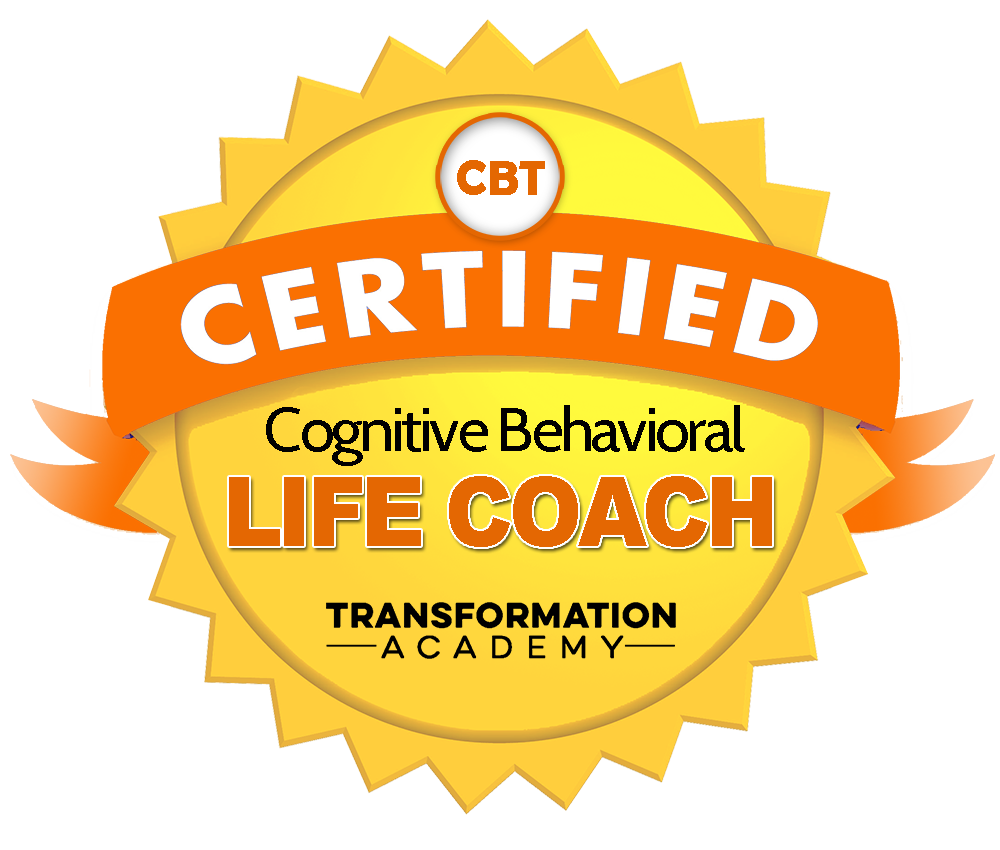The Science Of Anger

Anger is a complex emotion that has puzzled experts for years. While some believe that anger is a manifestation of a painful, anxious state of mind or even an illness, others argue that it is a symptom of psychoneurotic or psychotic disorders, such as depression. This perspective may hold true for some, but it doesn't encompass the entirety of human experiences with anger. Anger often originates from deep-seated feelings of hatred and animosity, and it can evolve into a more intricate issue over a person’s lifetime.
Consider individuals with psychopathic tendencies, for instance. These individuals may exhibit anger that frequently spirals out of control, often leading to acts of violence. However, they may also possess the capacity to suppress these feelings, keeping them hidden beneath the surface. Contrary to popular belief, psychopaths are capable of experiencing emotions, though these emotions may not be as apparent. When they engage in harmful behaviours, such as violence, they may be seeking a sense of intensity, which is a form of emotional expression. It's important to note that not every person with psychopathic traits will commit acts of violence, but their anger is often a significant underlying factor.
Another group where anger can manifest explosively is individuals with bipolar disorder. This mental health condition, which is a form of depression, can lead to sudden and intense outbursts of anger without obvious triggers. While scientists may be correct in linking anger to certain mental health disorders, it's crucial to recognise that anger, like people, comes in various forms. In the United States, many children exhibit uncontrollable anger, highlighting another dimension of this emotional experience that warrants further analysis.
The consequences of uncontrolled anger are far-reaching, impacting both the individual and those around them. Physiologically, chronic anger can lead to elevated blood pressure, heart problems, nerve issues, and mental health concerns. Over time, if left unresolved, anger can significantly deteriorate a person's health, potentially requiring long-term medical intervention. This not only puts the individual at risk but also those in their vicinity, as uncontrolled anger can manifest in both verbal and physical aggression.
It is essential to understand that while experiencing some level of anger is normal, it becomes problematic when it escalates to behaviours like name-calling, physical aggression, and other forms of harm. If individuals do not learn to manage their anger, it is likely that others will have to intervene to mitigate the consequences. Despite recent studies by scientists and professionals, uncontrolled anger remains a prevalent issue globally. The problem may persist because the focus often lies on the emotion itself, rather than the broader context of the issue.
To fully comprehend anger, it is crucial to consider the role of emotions and their development from a young age. Children require education, parental guidance, emotional support, nutrition, and physical activity, among other necessities. A deficiency in any of these areas can have profound effects on a person's future, potentially leading to mental illnesses, substance abuse, criminal behaviour, and more. Therefore, when analysing anger, it is important to examine all aspects of the issue, including history, influences, and upbringing.
Historically, societal leaders, religious institutions, and other influential entities have made significant errors, which may contribute to widespread anger. These mistakes, including deceit, betrayal, and even violence, have left a lasting negative impact on people who were not directly involved. Consequently, it is essential to consider these broader influences when seeking to understand the roots of anger.
In summary, anger is a multifaceted emotion that cannot be easily categorised or explained by a single theory. While it is linked to various mental health disorders and influenced by individual experiences, it is also shaped by broader societal and historical factors. To effectively address and manage anger, it is important to adopt a comprehensive approach that considers the full spectrum of contributing factors, from personal experiences to larger societal influences. By doing so, we can better understand and mitigate the impact of anger on individuals and society as a whole.
Click the link below to book your free clarity call or free virtual coffee chat.
Grab a copy of our newletter by completing the form below, this will then be sent to your inbox every month.
My Affirmation For The Week
"Every act of creation is first of all an act of destruction."









